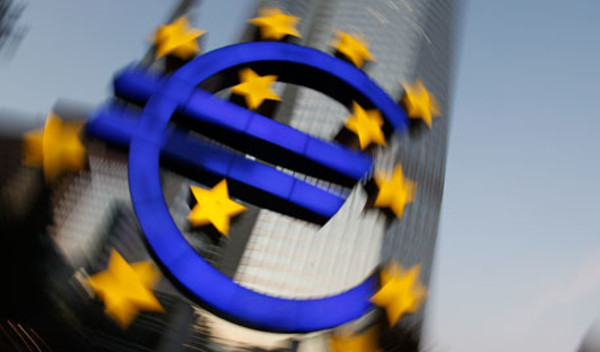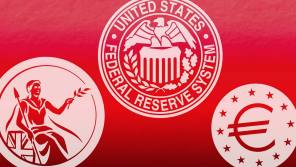

Britain’s vote to exit the EU was as much a political and social shock to Europe as it was to the UK.
Europe may have been rattled in the immediate aftermath but, with Theresa May’s government finally committing to triggering Article 50 by the end of March 2017 to begin the process of extricating the UK from the union, the region perhaps faces other pressing challenges in the form of Italy’s upcoming referendum and the numerous elections throughout Europe next year.
Stephen Macklow-Smith, JPMorgan Asset Management’s head of European equity strategy, believes the rising political instability is creating negative sentiment among investors. “There are also key elections due in major eurozone countries in 2017, along with the constitutional referendum in Italy [on December 4],” he points out. “Worries over low inflation and disappointment over the lack of a sustained recovery in corporate earnings have also hit investor confidence.”
This is reflected in net retail sales of the IA Europe ex-UK sector, which saw outflows in seven out of the past 13 months, peaking at outflows of £808m in July this year. European equity funds overall saw the largest net retail sales outflows of £297m in August 2016, according to the Investment Association, with average net retail sales for the previous 12 months of -£74m.
Mr Macklow-Smith suggests these investor concerns are obscuring what is actually an improving economic backdrop.
He says: “Confidence indicators published in July and August suggest the short-term economic impact of the Brexit vote may be more limited than initially feared. In addition, Europe is benefiting from improving domestic demand, supported by falling unemployment, low inflation, rising credit supply and favourable interest rates.
“EU member states and the European Commission are also aiming to adopt more expansionary fiscal policies. Combined with credit easing by the European Central Bank (ECB), all of these tailwinds should continue to support growth in Europe.”
Many portfolio managers view the political headwinds in Europe as an opportunity though. Columbia Threadneedle Investments launched a Pan-European Long Short Equity fund on the basis the ongoing uncertainty will provide attractive investments on the long and short side.
Chris Hiorns, manager of the EdenTree Amity European Fund, argues Europe is “emerging as an enticing relative value play” within developed markets where low growth and “lofty valuations” tend to dominate.
He is also hopeful more expansionary fiscal policies will replace years of austerity and stimulate stronger domestic growth.
But Mr Hiorns admits: “There are clear challenges for Europe, including systemic risk from banking crises – whether it be in vulnerable peripheral economies like Italy or Portugal, or core European economies like Germany, where its banks remain capital constrained, suffer from declining profitability from negative interest rates and very low bond yields, and are exposed to huge regulatory fines. More complex is the rise of populist politics, which poses an existential threat to the region as expressed recently by Angela Merkel. Europe’s policymakers will need to adopt a more pragmatic approach if they are to avoid further fragmentation of the political consensus.”
He adds: “Continental Europe should continue to recover as it benefits from low commodity prices, a weak euro and accommodative monetary policies from the ECB.”
In such a politically charged and diverse region, investors in Europe will need to be selective in both equity and fixed income markets, and try to ignore short-term noise.



